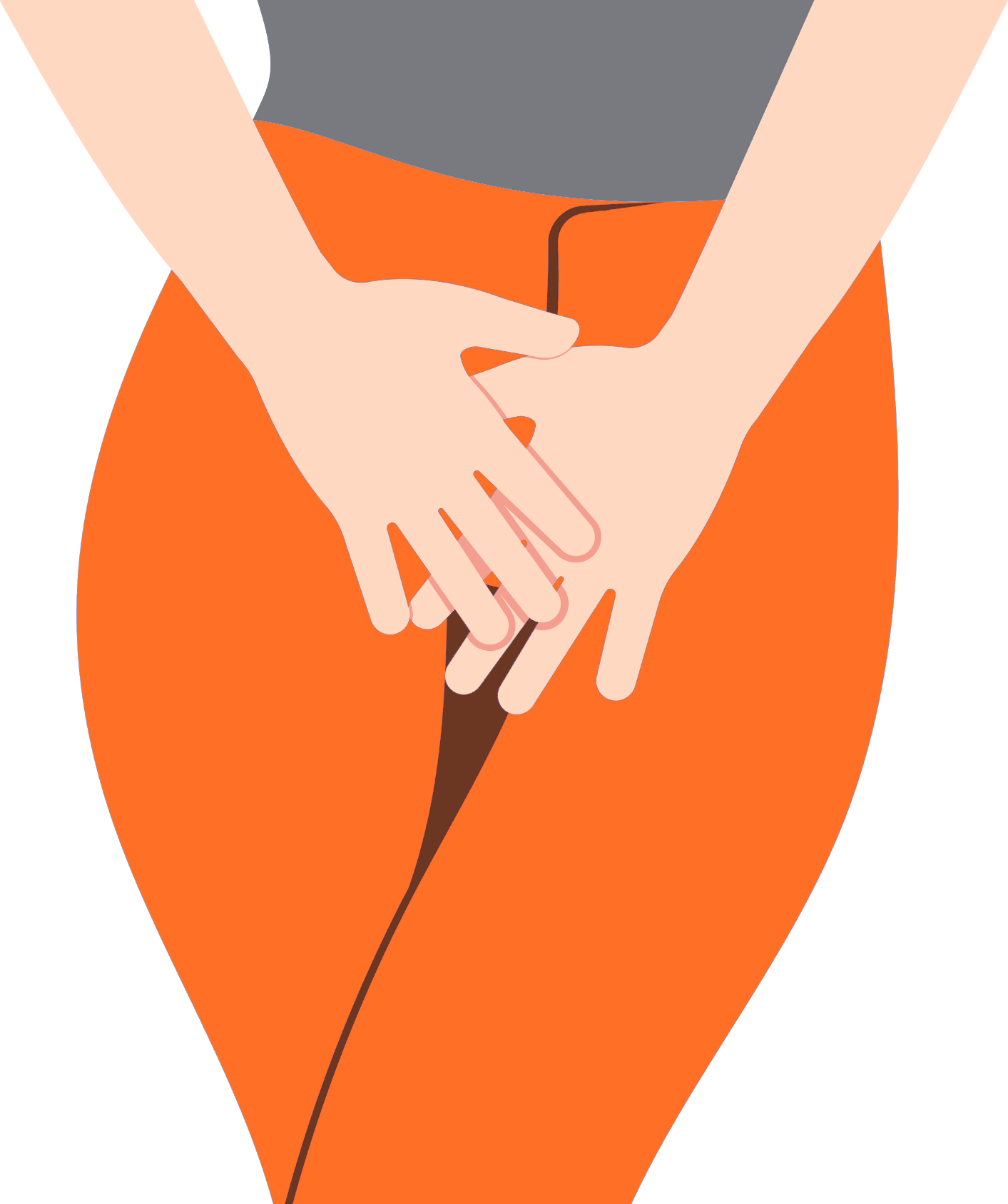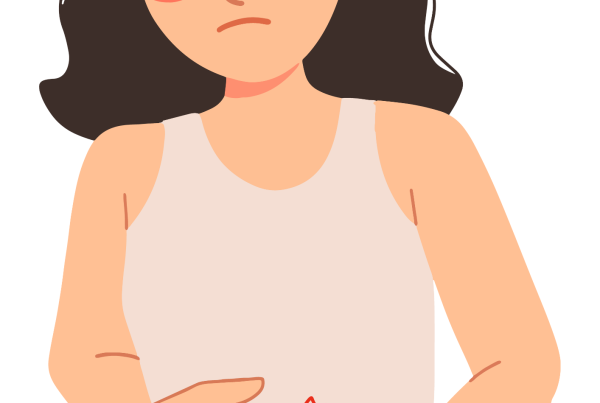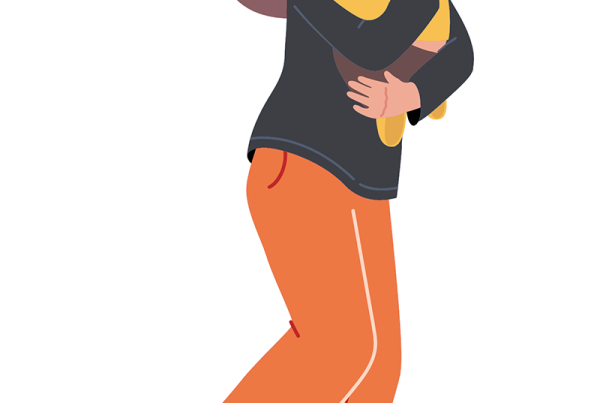Genitourinary Syndrome of Menopause
Commonly Asked Questions
Giselle Rodrigues, Women’s Health Physiotherapist

What is Genitourinary Syndrome of Menopause?
Genitourinary syndrome of menopause encompasses a variety of discomforts affecting the vulvovaginal area and urinary tract, stemming from decreased oestrogen levels during menopause. Symptoms are varied and may include dryness, burning sensations, irritation or pain during intercourse. Symptoms may also affect urination include pain on urination, urgency of urination, increased frequency of urination during the day or night, incontinence, or recurring urinary tract infections. Left untreated, these symptoms can significantly impact one’s quality of life, hindering everyday activities like exercise and enjoyment of sexual intimacy.
Can GSM occur in situations other than menopause?
Absolutely! GSM isn’t exclusive to menopause; it can also arise in women undergoing procedures like hysterectomy, using oestrogen-suppressing medications, or receiving cancer treatments such as chemotherapy, pelvic radiation, or endocrine therapy. Interestingly, in these cases, symptoms may manifest more intensely, leading to heightened sexual dysfunction and decreased quality of life, especially among younger women.
How is GSM treated?
Treatment options for GSM vary, ranging from non-hormonal vaginal lubricants and long-acting moisturisers to systemic hormonal therapies and low-dose vaginal oestrogen treatments. Each approach aims to alleviate discomfort and improve overall well-being. You can discuss these options with your GP.

Why should I see a women’s health physiotherapist – isn’t treatment just medical?
While medical interventions are crucial, many women with GSM also experience pelvic floor symptoms like urinary issues, incontinence, and pelvic organ prolapse. Women’s health physiotherapists specialise in assessing pelvic floor function, bladder and bowel symptoms, and overall body posture and mobility. Through personalised treatment plans, which may include pelvic floor muscle training, bladder retraining, lifestyle adjustments, and more, they address not only symptoms but also underlying causes, optimising outcomes and restoring confidence.
GSM can significantly impact your quality of life and sexual function, often leading many women to hesitate in seeking help
What can I do about it?
If you suspect you’re experiencing any GSM symptoms or have questions, feel free to reach out to our Women’s Health Physiotherapist, Giselle at giselle@zone34.com.au or contact reception on 02 9056 0850 or at reception@zone34.com.au to book an appointment.
We’re here to support you every step of the way.





